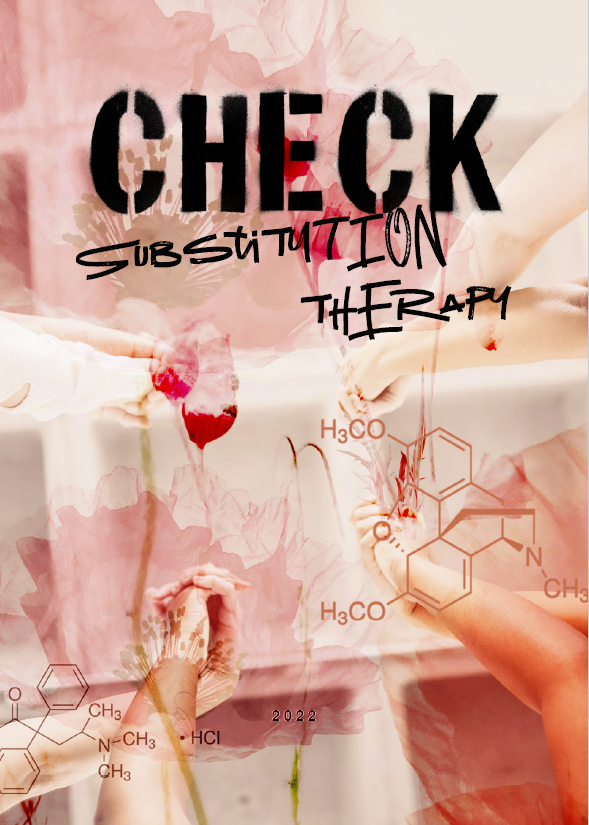Opioid agonist therapy (OAT), also known as opioid maintenance treatment (OMT) or opioid substitution therapy (OST), is an evidence-based, effective treatment of heroin and other forms of opioid dependence. It involves prescribing opioid medications such as methadone and buprenorphine (buprenorphine or a combination of buprenorphine and naloxone) at a maintenance dose. Both medications are included in the WHO Model List of Essential Medicines for the treatment of opioid dependence. Some countries use other medicines, notably slow-release oral morphine and diamorphine (heroin). Adding psychosocial interventions can improve outcomes. WHO clinical guidance recommends this approach for the treatment of opioid dependence and for a comprehensive public health response to HIV, tuberculosis (TB) and hepatitis C (HCV) among people who inject drugs (PWID).
The majority of countries in Central and Eastern Europe and Central Asia (CEECA) developed their opioid agonist therapy (OAT) programmes – often also referred to as opioid substitution therapy (OST) – by relying on international support. The reported coverage of the estimated number of people with opioid dependence remains under 10% in a number of countries, with the lowest coverage reported in Kazakhstan (0.4%) and Azerbaijan (1.5%), followed by Tajikistan, Moldova, Ukraine, Belarus, Kyrgyzstan, and Armenia. The greatest coverage is reported in Croatia (55%), Georgia (49%) and the Czech Republic (38%). The Baltic States and the remaining countries of Central and South-Eastern Europe have programme coverage of between 10% and 30%.

